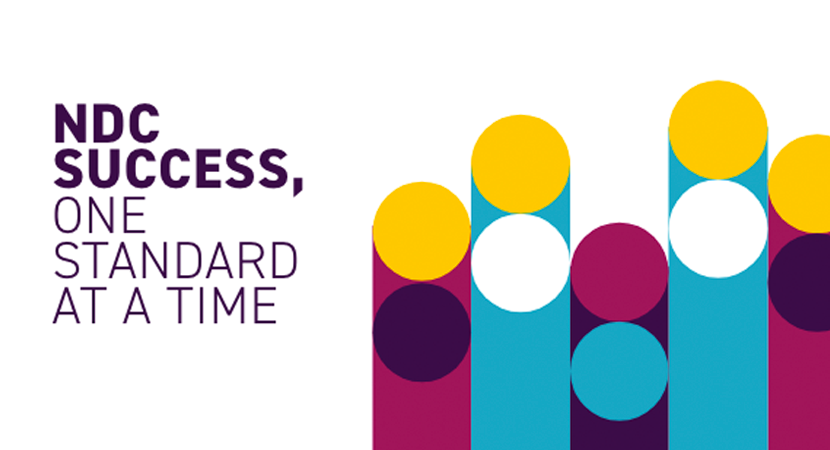
Here’s the flight path, one ATPCO proprietary standard at a time
Four years ago, I wrote an opinion piece on NDC—that it’s a messaging standard for data exchanges between retailers (generally airlines) and suppliers (travel agencies, business partners, and other airlines)—based on the fundamental assumption that the airline owns the offer. Now it’s 2022 and the industry standard is in place, but it’s still early days for adoption of NDC across airlines. The intent is there, and there’s lots of ongoing work to increase adoption, but in practicality, it’s difficult to do. Let’s dig into why.
Why haven’t airlines already adopted NDC at a large scale?
The foundation is already laid out in the IATA NDC XML schemas in version 21.3. However, a vital component is needed that would bring the standard to life: interoperable automation. That is to say, when the data automatically works in all systems and structures without any fundamental changes (it’s interoperable), airlines have infinite possibilities through science-based pricing to create an offer that’s perfectly customized for a traveler.
But innovation in interoperable automation can’t progress unless the data used to feed it is accurate and consistently understood. So, we currently exist in a hybrid NDC world, where traditional methods keep flying in the safe currents while some NDC offers explore new paths.
How do we get to interoperable automation? One standard at a time
ATPCO can and is facilitating NDC adoption at a large scale through standards setting, bringing us closer to interoperable automation.
ATPCO was founded on the idea of network economics, that the airline industry would save massive costs by having a neutral, honest broker collecting data in prescribed formats and distributing it with proprietary processing standards so results across third parties—including airline’s own outlets—can be consistent.
Important terms
- Global Distribution System (GDS): A network system that enables transactions between travel industry service providers such as airlines, hotels, car rental companies, and travel agencies.
- Passenger Services System (PSS): An essential component of an airline’s operations that typically includes a fare quote system, a reservation system (selling tickets), inventory management (available seats in each booking class), and a departure control system (passenger check-in).
Check out our glossary for more ➔
But that model is slowly changing. Rather than distribute airline product attribute data for third parties to use to create offers for sale, we’ve moving toward a world in which airlines will create and calculate (that is, “own”) the offers themselves. This way, airlines can distribute the complete customized offer with its price to their business partners for the consumer. This shift is a change from a GDS-driven shop-price-ticket-service approach, to a Passenger Services System (PSS) offer-and-order approach. As a result, airlines control the construction of the offer, but they will generally use a PSS or other service provider attached to their PSS to deliver the offer.
By comparison, the PSS NDC approach is not worlds apart from the direct sales and direct connect days of the 1990s—except for its technological advances and the much improved ability to contextualize the offer. The critical pieces are the same: the airline owns the offer, the airline owns payments. We can learn from that similarity. We learn that the fundamental pieces of information necessary to every airline product remain.
ATPCO recognizes the industry potential for airline owned offers and is here to facilitate the standards required to bridge the two worlds between today’s practices and tomorrow’s opportunities.
Join us
Interested in being a part of the drive towards interoperable automation? Join our journey by participating in our NDC Pricing design team, or any of our other design teams who are evolving data and standards. Even better, share your story with me about how you implemented NDC by leveraging ATPCO data and standards.


